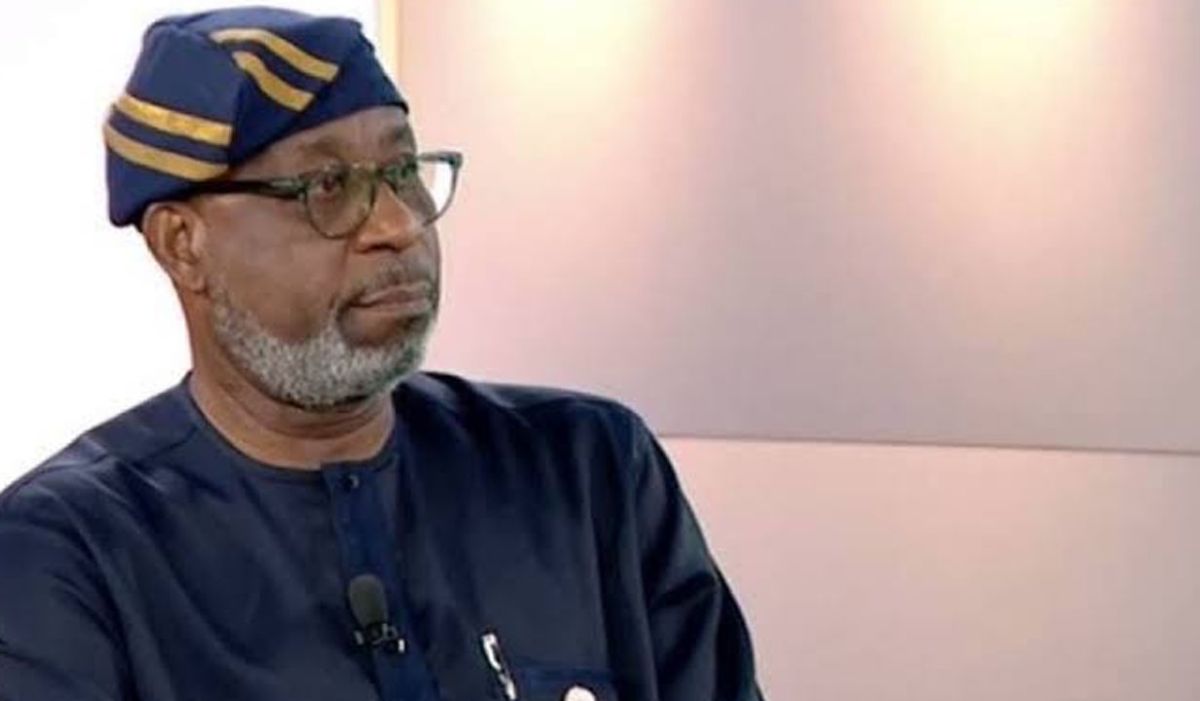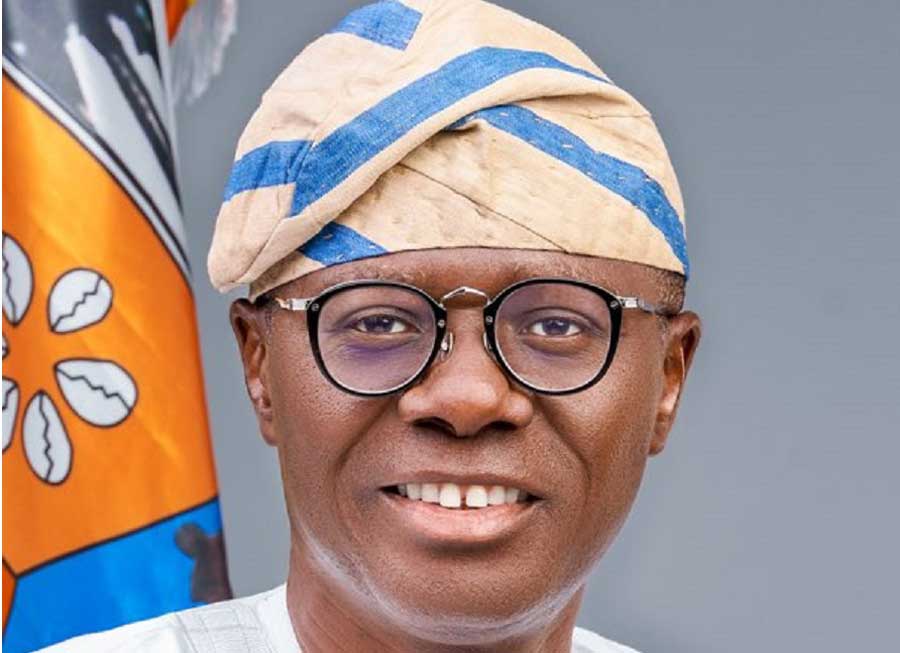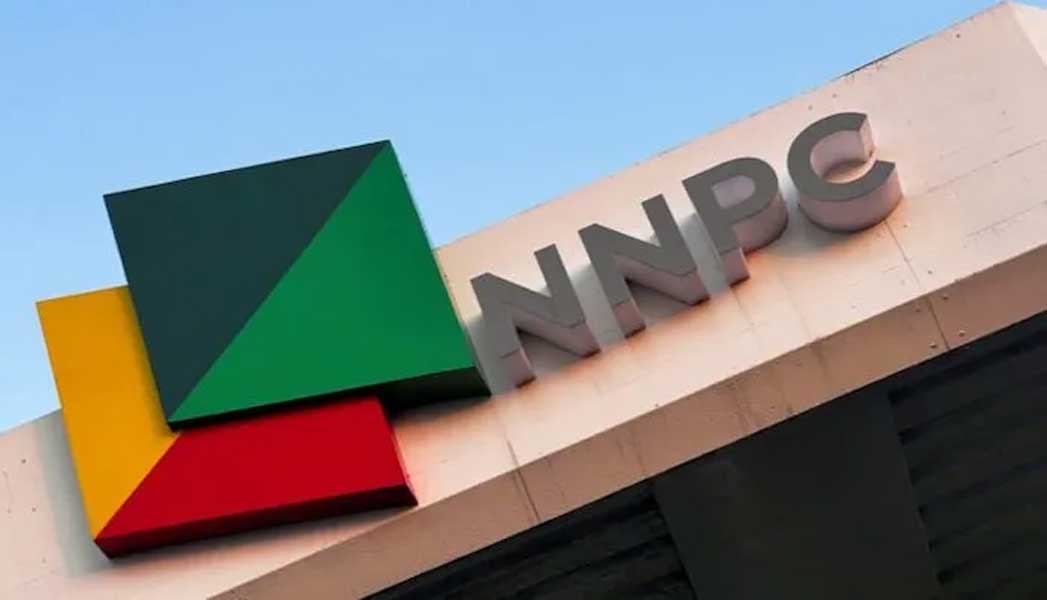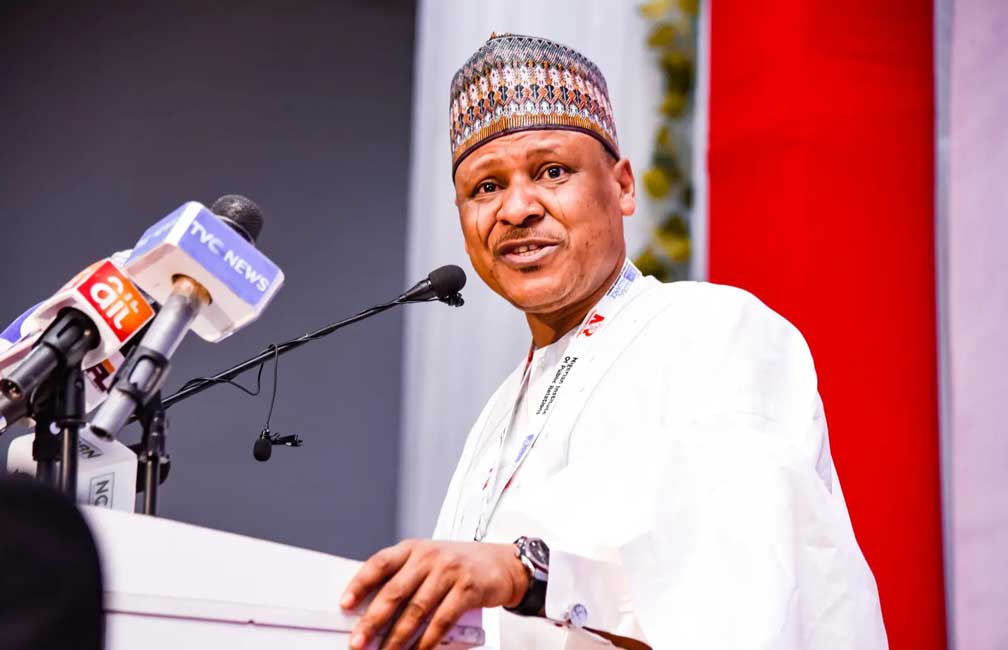Tinubu’s Policy Shake-Up Fuels $800M Growth in Mining Sector, Says Minister

Nigeria’s solid minerals sector is experiencing unprecedented growth and reform under the leadership of President Bola Ahmed Tinubu, with 2024 marking a watershed moment in the drive to transform the nation’s mining landscape.
Minister of Solid Minerals Development, Dr. Dele Alake, on Sunday outlined sweeping achievements in policy, investment, and enforcement, pointing to over $800 million in processing investments and a six-fold increase in sector revenue in just one year.
“When we came into office, Nigeria’s solid minerals sector was underperforming. In 2023, it generated just ₦6 billion in revenue,” Alake said. “By the end of 2024, that number had grown to ₦38 billion. That kind of turnaround tells you something is working.”
At the heart of the transformation is a new policy directive that links the issuance of mining licenses to tangible plans for local mineral processing. The move, aimed at curbing the decades-long practice of exporting raw minerals, has attracted massive investment into domestic refining and processing capacity.
“We made it clear that no one gets a mining license without showing a real plan for local processing,” Alake stated. “Exporting raw minerals without adding value here at home wasn’t helping our economy, and we had to stop that. Since then, we’ve seen real results—over $800 million in processing investments last year alone.”
Key infrastructure projects are nearing completion, including a $600 million lithium processing plant near Kaduna and Niger States, a $200 million refinery near Abuja, and two additional facilities set to launch in Nasarawa State before the third quarter of 2025.
“These projects mean jobs, technology, and a stronger local economy,” said the minister.
Another major shift has been the government’s commitment to geological exploration—an area previously neglected. Nigeria had only spent $2 million on mineral exploration compared to Côte d’Ivoire’s $148 million and South Africa’s $300 million.
“No serious investor takes you seriously without credible geological data,” Alake said. “That’s why this year, we’ve secured ₦1 trillion specifically for mineral exploration to build the foundation for a globally competitive sector.”
The Ministry has also ramped up its crackdown on illegal mining, recording over 300 arrests in 2024 alone. With 150 prosecutions ongoing and several convictions already secured, including those of foreign nationals, Alake emphasised the government’s zero-tolerance approach.
“We’re also supporting local miners by formalising their operations,” he added. “So far, over 250 cooperatives have been established to help small-scale miners get access to finance and share in the revenue.”
Nigeria’s increasing leadership on the continent was also highlighted, as the country now chairs the African Mineral Strategy Group, a new regional bloc aimed at advancing local value addition and promoting fairer mineral trade.
“Investor interest is surging,” Alake concluded. “Just this quarter, the Mining Cadastral Office received over 10,000 applications. That kind of momentum didn’t exist before. It’s a sign that our reforms are working.
“We’ve still got work to do, but the direction is clear. We’re turning Nigeria’s mineral wealth into real economic value for our people, our industries, and our future.”
The Ministry’s bold reforms are quickly positioning Nigeria as a rising powerhouse in Africa’s mining sector, with solid minerals now poised to play a central role in the country’s long-term economic diversification strategy.





